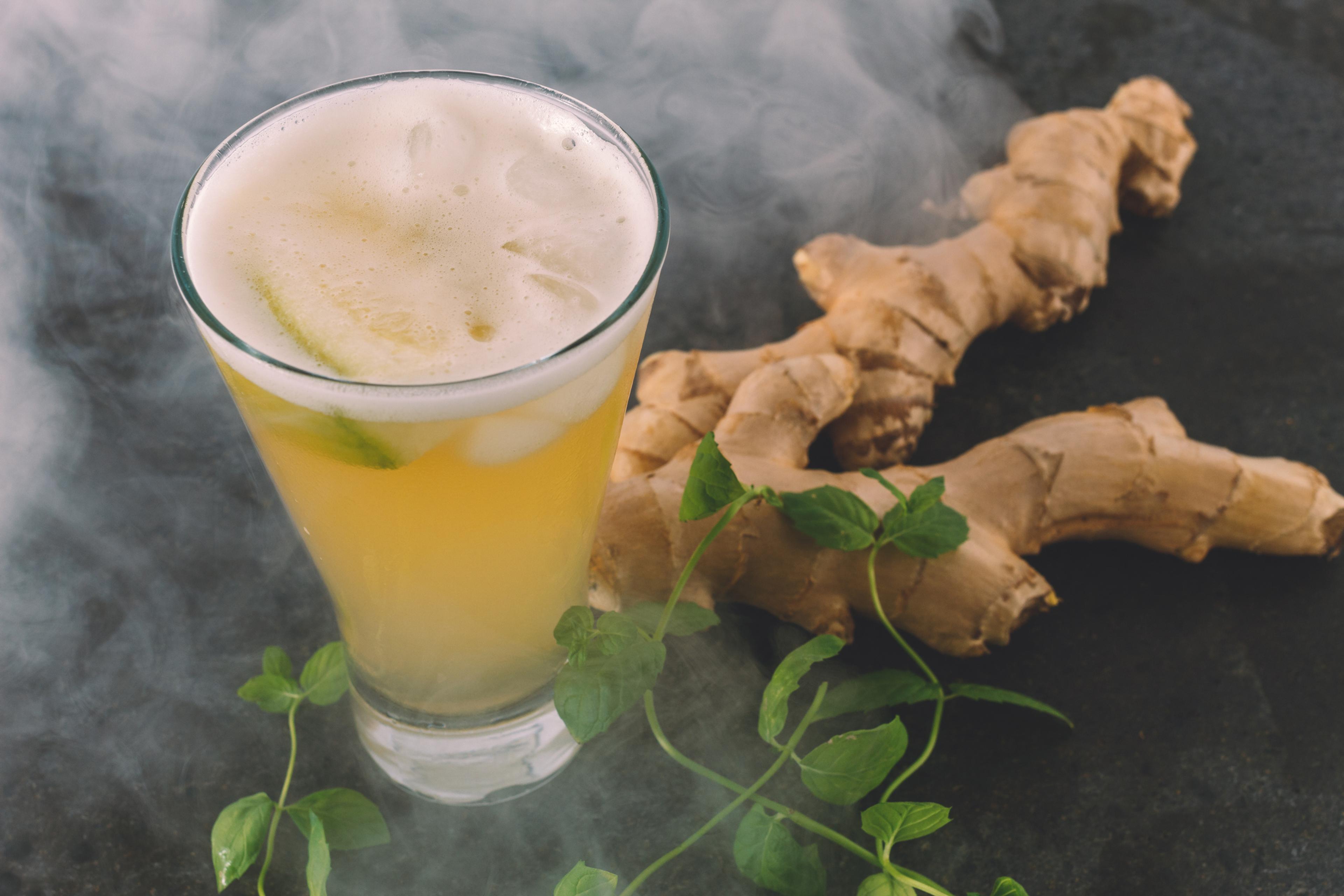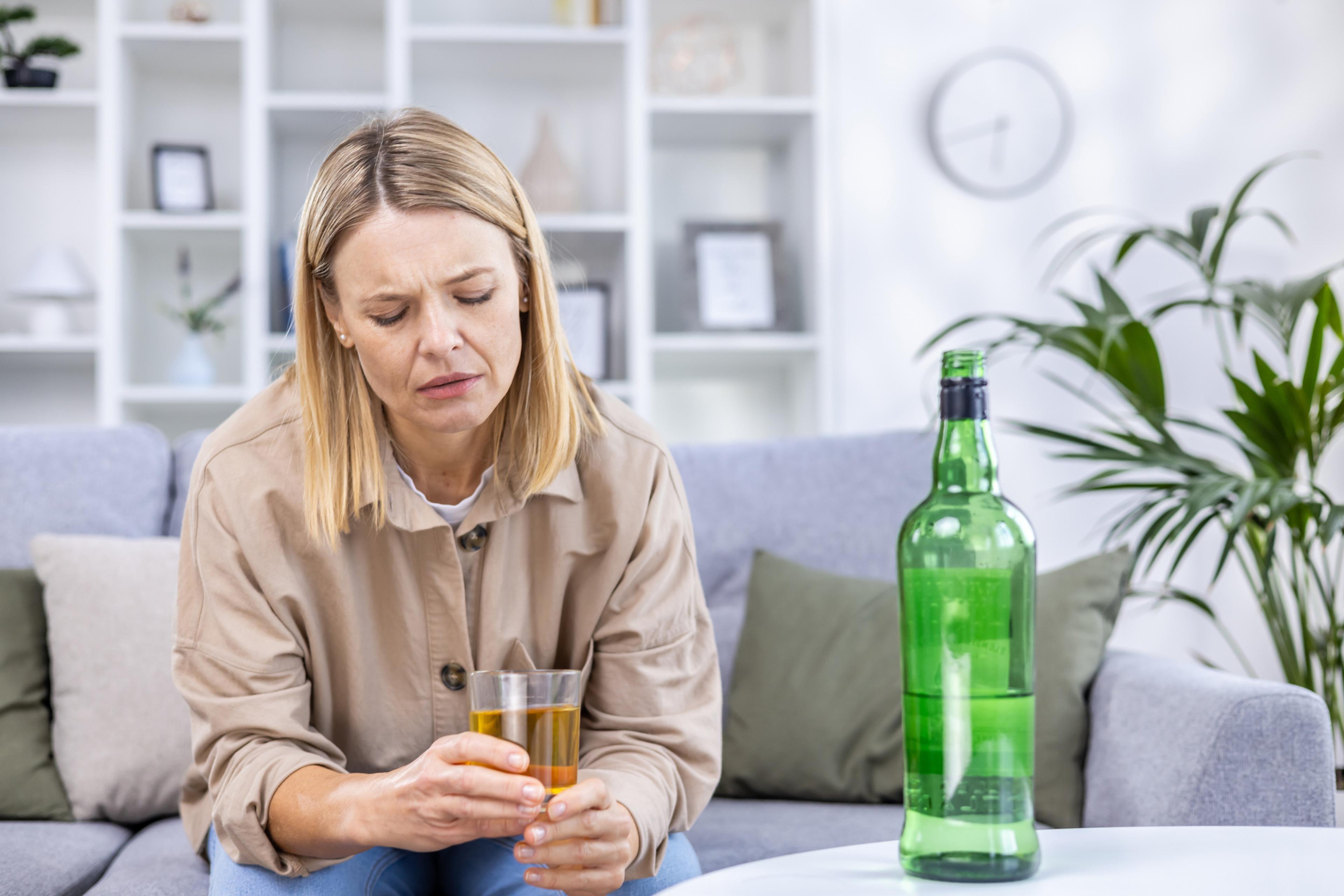Foods to Avoid with a UTI
Shandra Martinez
| 3 min read

Urinary tract infections can be painful. They can also be annoying to treat, especially if you are like a lot of people who get recurrent infections. But how does what you eat and drink impact these infections? And are there foods that can make it worse - that you should avoid - when you have a urinary tract infection? Let’s look at what research into this topic has shown.
What is a UTI?
A urinary tract infection is a very common infection, with more than three million cases treated each year in the United States. It’s also an umbrella term, covering different types of infections that occur anywhere in the urinary system. This includes the bladder, urethra, or more serious infections in the kidneys.
Women are more susceptible to UTIs than men. A woman’s urethra area is shorter than a man’s, which allows bacteria easier access to the entry point of the urinary tract system to kick-start an infection. Studies have shown that about 60% of women will develop this kind of bacterial infection. Reinfections within a few months can be common for some people.
What causes a UTI?
Some things will make it more likely for a UTI to develop, according to the U.S. Department of Health and Human Services. These include:
- Not drinking enough water during the day
- Not urinating for long periods of time
- Having diabetes
- Having an immune disorder
- Sexual activity that moves bacteria to the urethra
- Having kidney stones, tumors or an enlarged prostate
- Hormonal changes in pregnant women
Food, Drinks and UTIs
When it comes to foods, beverages and any possible links to urinary tract infections, it’s Important to note that there is insufficient evidence linking diet to the development or treatment of bladder infections. There is limited research available. Some foods act as irritants and should be avoided during a UTI. Drinking plenty of water is helpful in both reducing and in recovering from infections.
Here’s what we know about food-UTI links, and other suggestions we’re seeing:
- There is some evidence that drinking cranberry juice or taking cranberry supplements can help prevent UTIs, according to the U.S. Food and Drug Administration. According to the American Urological Association, cranberry juice may be given as prophylaxis for those with uncomplicated recurrent UTIs. But cranberry juice and supplements won’t help clear up an infection once it begins.
- Older studies have found a moderate link between women who drink soft drinks and recurring urinary tract infections.
- Some research has shown a link between men who drink more than two cups of coffee a day and increased symptoms of lower urinary tract issues.
- People being treated for a UTI should avoid beverages that could further irritate the bladder. Research has shown that these include artificial sweeteners, like those found in diet sodas, and caffeinated beverages like coffee and tea, as well as alcohol.
- Drinking plenty of water is helpful in both reducing and in recovering from infections because water helps dilute the urine. That leads to urinating more often — allowing bacteria to be flushed from the urinary tract before an infection can begin, according to the Mayo Clinic.
If you think you might have a UTI, call your healthcare provider right away. Symptoms include a sudden and frequent urge to urinate, pain low in your abdomen, cloudy urine, blood in the urine, and feeling like you can never completely empty your bladder.
Photo credit: Getty Images





